If you are planning a visit to Africa, then Kenya is definitely your ultimate destination. Whether it is the jaw-dropping landscapes, the rich cultures, the sun-drenched beaches of Mombasa, the Great Wildebeest Migration, or simply mingling with the locals at a bustling market, the country is a marvel.
However, the question of safety will always be at the forefront. As much as you want to enjoy all that the country has to offer to the fullest, you also want to go back home in one piece and with nothing but great memories.
Here is a comprehensive guide for travellers to ensure exploring Kenya safely. We dive into crime and terrorism, and the overall safety of tourists in Kenya.
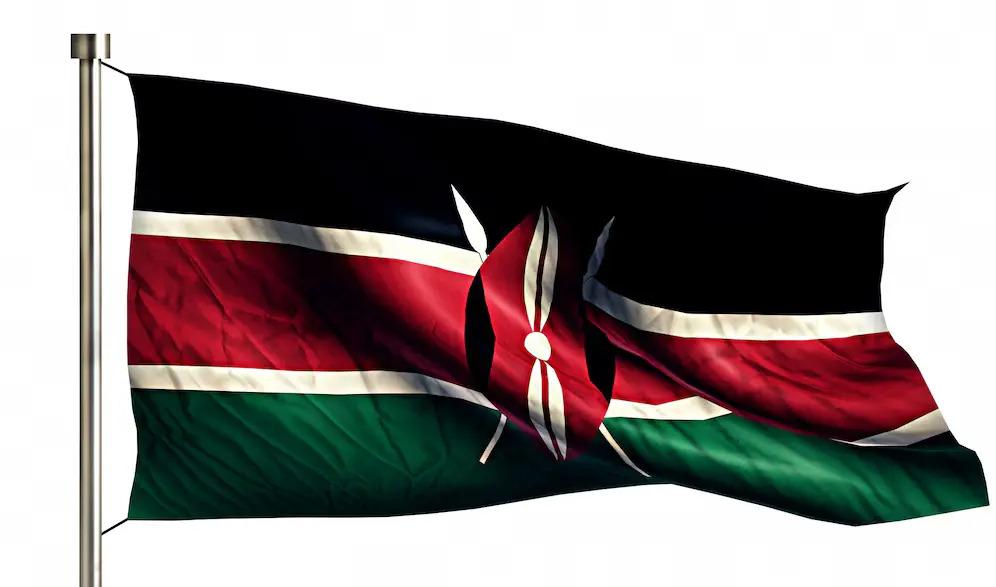
Kenya is predominantly safe for tourists. However, certain areas pose risks due to criminal activities such as pickpocketing and petty theft. To provide a clearer picture, let's dive into the safety aspects of various key destinations within the country.
First up is Nairobi, the vibrant city and heart of Kenya. While it's buzzing with energy and rich in cultural sites, it's wise to be cautious, especially in busy areas like markets or bus stations.
Keep your belongings close and stay aware of your surroundings. Using guided tours, especially for city explorations or night outings will provide an extra layer of security and a hassle-free experience
If you are heading to the coast, places like Mombasa and Diani are popular for their pristine beaches and laid-back vibe. These areas are generally safe, but it's still smart to avoid isolated spots after dark and always secure your valuables.
For safari enthusiasts venturing into national parks like Maasai Mara, Amboseli, or Tsavo, the primary concerns shift away from human threats and more towards respecting wildlife and natural conditions.
Stick with your guide, follow the park rules, and remember that you are a guest in the home of some of the world's most spectacular wildlife.
Lastly, while the northeastern regions of Kenya close to the Somali border are less travelled due to higher security risks, these areas are not typically on the tourist trail. It is advisable to stick to well-known destinations and consult travel advisories for the latest updates.
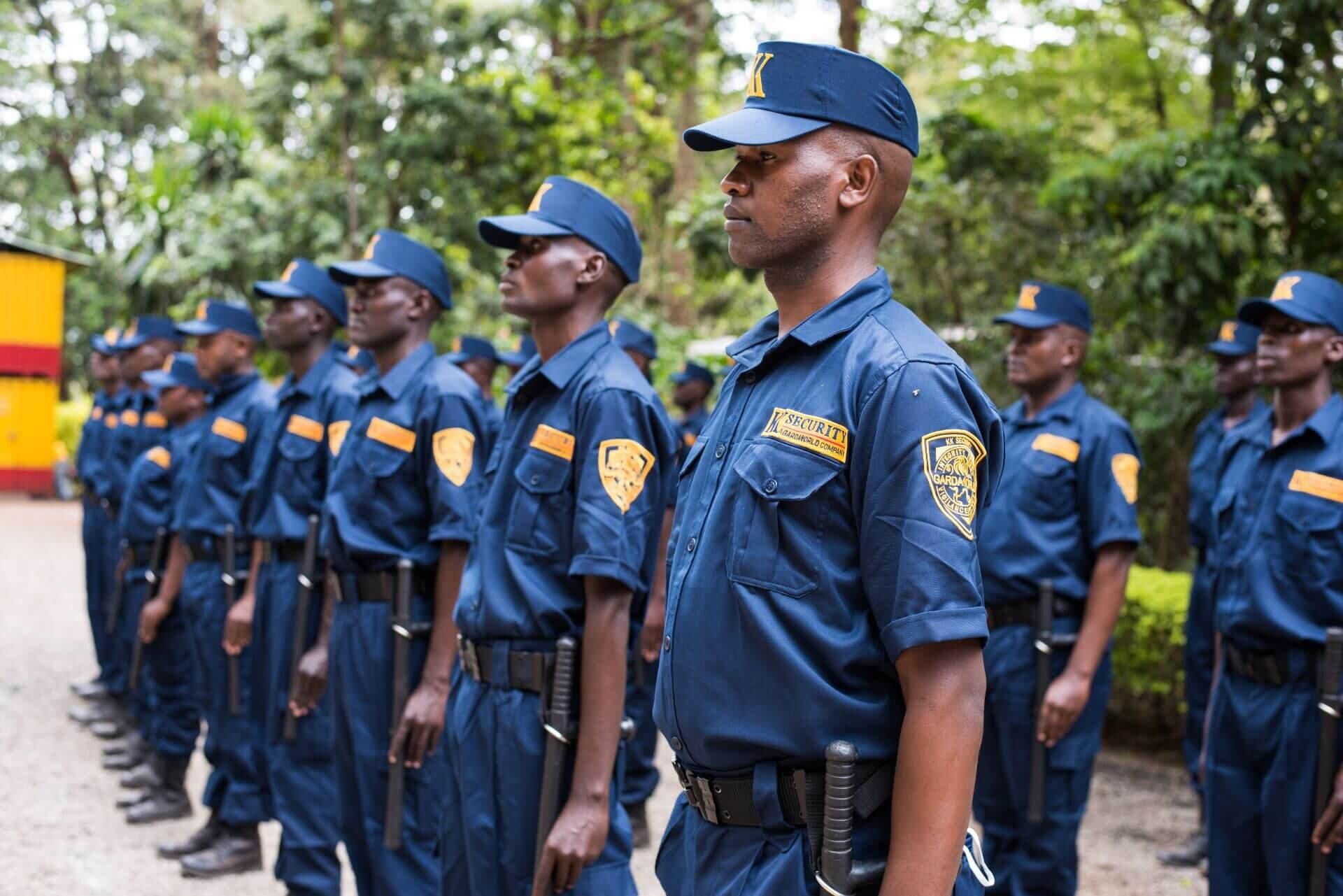
Terrorism, particularly from the Al-Shabaab militant group, continues to pose a significant threat in Kenya. This group has been especially active near the Somali border. Notable terrorist attacks include the 1998 embassy bombing and the 2013 Westgate Mall attack.
The government and local security forces continue to fasten security and are proactive in maintaining safety, especially in areas frequented by international visitors.
Besides these, like many countries, Kenya also experiences crime similar to other tourist destinations. Common crimes include street muggings and pickpocketing, which affects both visitors and locals.
Otherwise, most visits to Kenya go smoothly without any safety issues. Just stay alert, stick to well-populated and well-lit areas, and always keep local emergency numbers handy just in case.
With these precautions, you can focus more on enjoying the stunning views and less on worrying about what might go wrong.
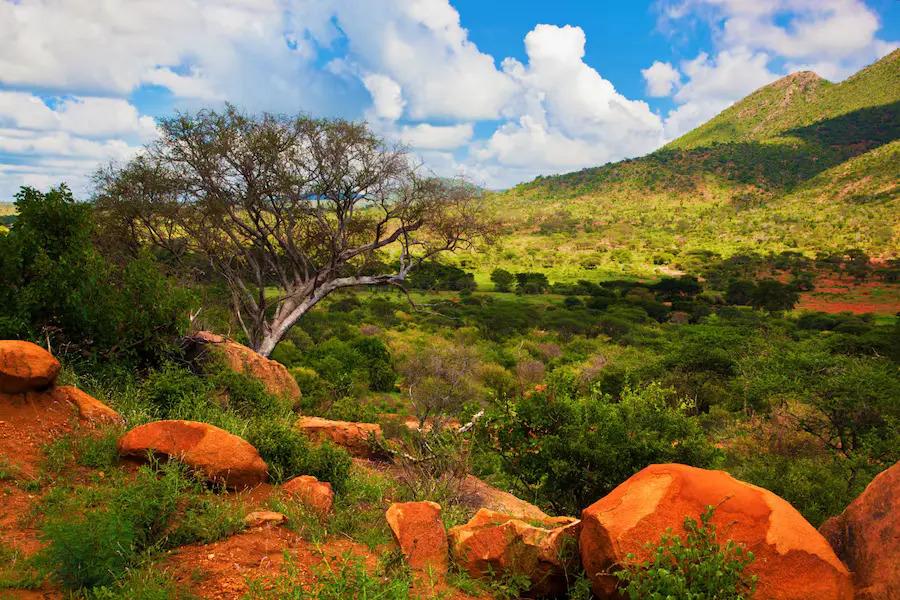
Generally, Kenya is warm and sunny, perfect for those safari trips and beach days.
The country’s main seasons include the rainy and the dry seasons. The rainy season comes in two parts; long rains from March to May and short rains in November and December. During the dry seasons, from June to October and January to February, the weather is mostly clear and dry.
To pack right and make the most of your visit, make sure to check the weather forecast before your trip.
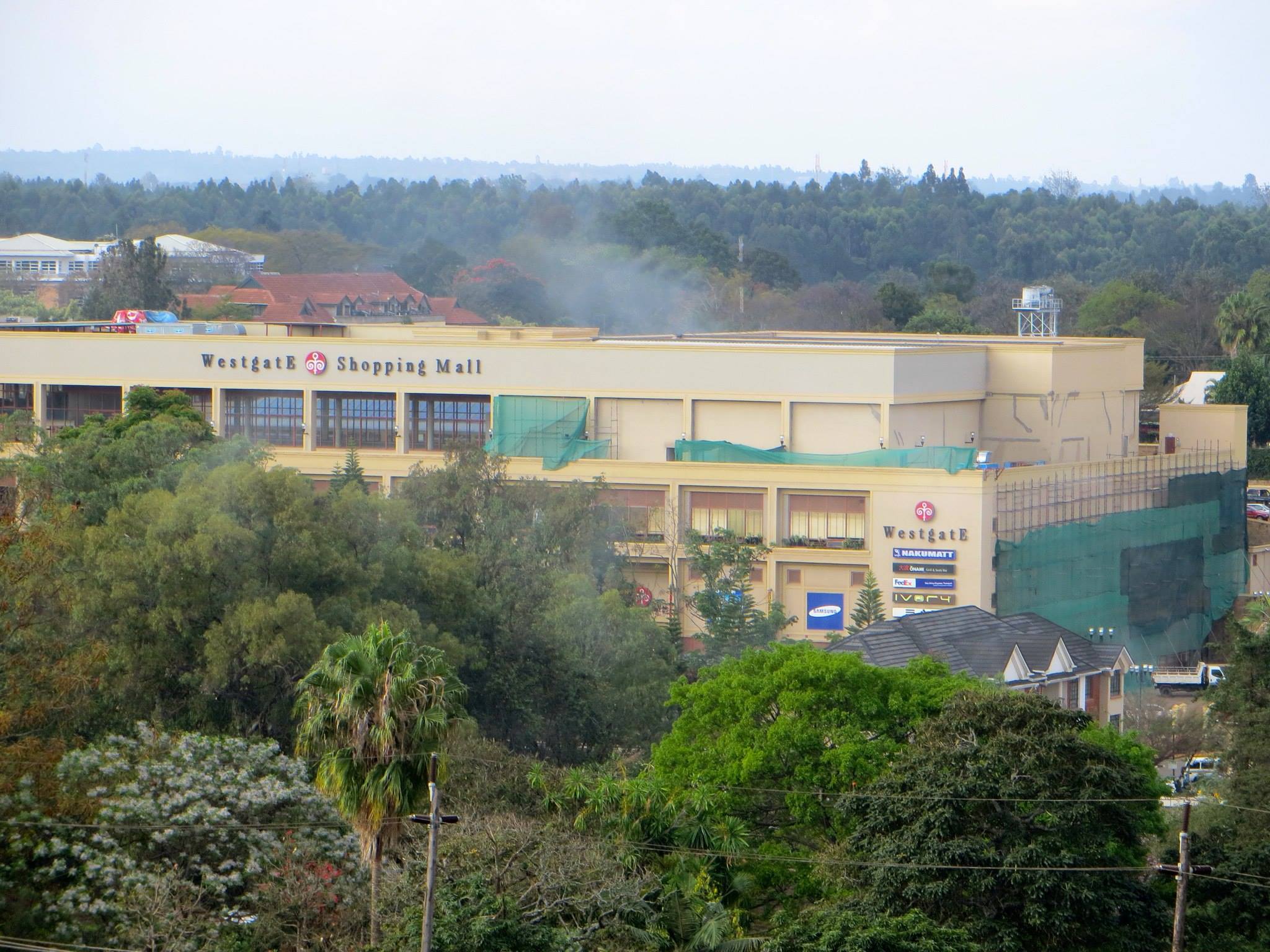
Like any other country and tourist destination, Kenya has its own risks like petty crimes and theft. However, the country is undoubtedly safe to travel to. All you need is careful planning, staying informed of current situations, and following safety advice.
By being vigilant and open, you can safely enjoy all the great experiences Kenya has to offer, and fully experience what makes Africa truly special.

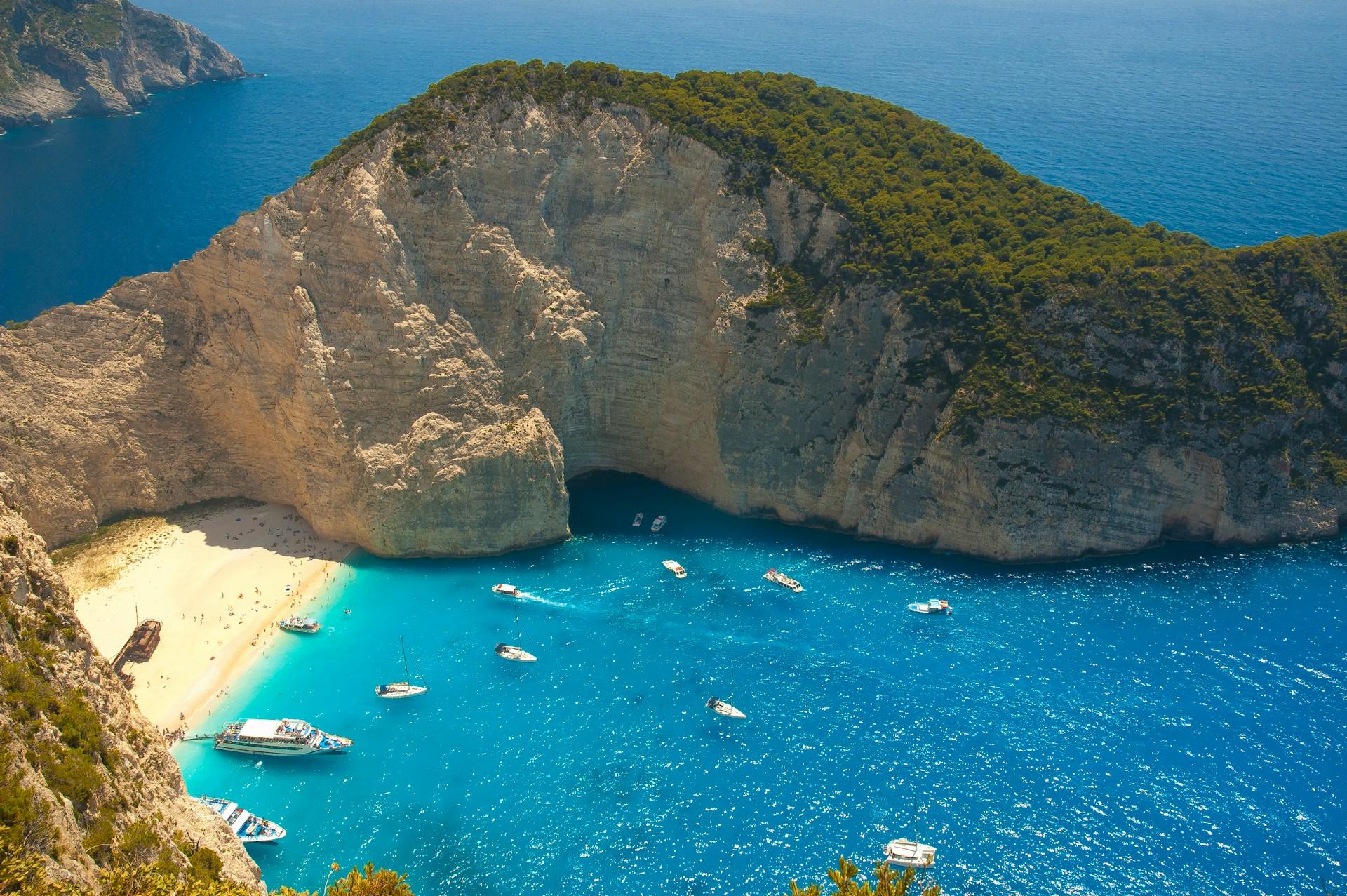
If you want the latest information on the best Hotel Executive Club Lounges, Hotel Kids Clubs and other travel information, be sure to sign up for our free newsletter full of tips and great travel ideas.